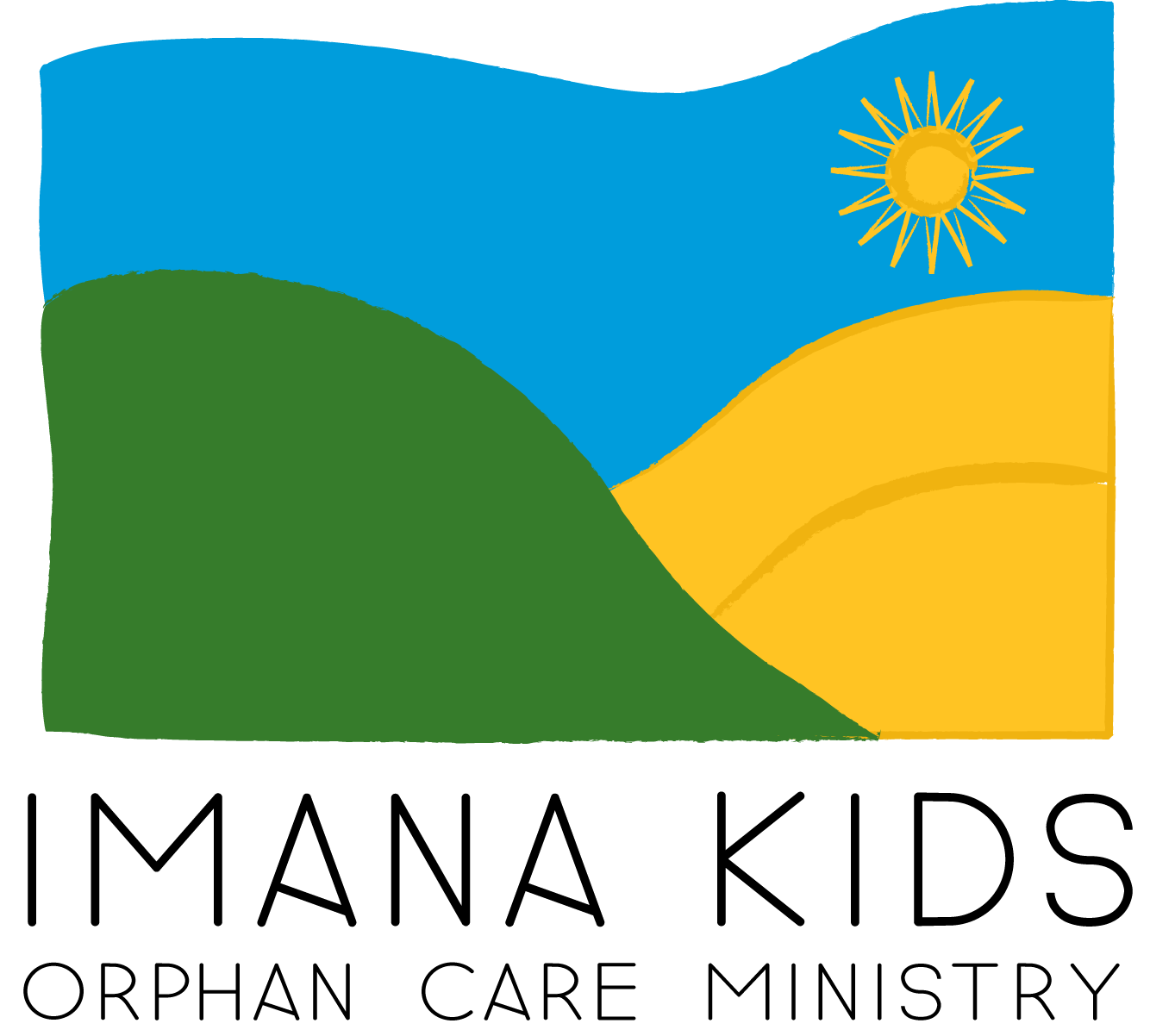What are Common Trauma Behaviors?
Building on understanding what trauma is, we're also committed to identifying the behaviors and the fear behind them. Often, the "difficult" child, the student in the back of the classroom, the teen that is always expelled, the little one down the street known to be "naughty" are all kids that are expressing learned behaviors used as coping mechanisms to process the world around them. These behaviors are adapted in response to a significant or ongoing trauma in their lives.
Difficulty Sitting Still. Children that are not held, given "tummy time" or allowed to crawl freely, climb and move in a healthy and safe environment frequently have underdeveloped core muscles. Core strength is needed to sit cross legged on the floor, to hold the body in one place on a chair....see where this is going? The little one that lies down after a few moments of sitting on the carpet for story time may have significantly underdeveloped core muscles; he's just worn out but doesn't recognize it.
Nonstop Talking/Sound Effects. Further studying of the brain has helped the world to understand that the child who is constantly making a clicking sound, repeating the noises around him, asking the same questions over and over, or just stay silent is actually doing some healing work internally. By making their own noises, the brain is able to block out stressful or unrecognized sounds, which can be overwhelming or frightening.
Difficulty Forming Relationships. Children who have been neglected learn to fend for themselves. Anyone hurt by an adult that is supposed to protect and provide will have their guard up. Distrust and self-preservation are high. ]
Hyper-vigilance. Again, a child who has learned that no one is there to protect or provide for them will be in a constant state of fight or flight. Wanting to control their environment, the student may insist on "helping" all the time, may want to tell classmates what to do, is easily distracted by the environment around them or cannot follow instructions correctly.
Poor Self-Regulation. Traumatized kids struggle with emotions; having the appropriate response to the situation as well as controlling and regulating their feelings. Babies learn to self-sooth and calm by receiving comfort and soothing by caregivers. Our kids have typically missed out on learning those skills because of the lack of parenting.
Limited Executive Functioning. Chronic trauma effects a child's memory and ability to retain information, decision making skills, thinking things through and other higher brain level jobs. One of the things that tends to upset kids who’ve been traumatized is difficulty predicting the future — not knowing what is coming is unsettling and creates anxiety. Self-narrating is a missed skill too; mentally talking through what needs to come next when performing a task. This too is a skill young children learn from listening to their parents talk to them when they are babies.
Next Month: How to Respond to Challenging Behaviors in a Healing Mindset.


